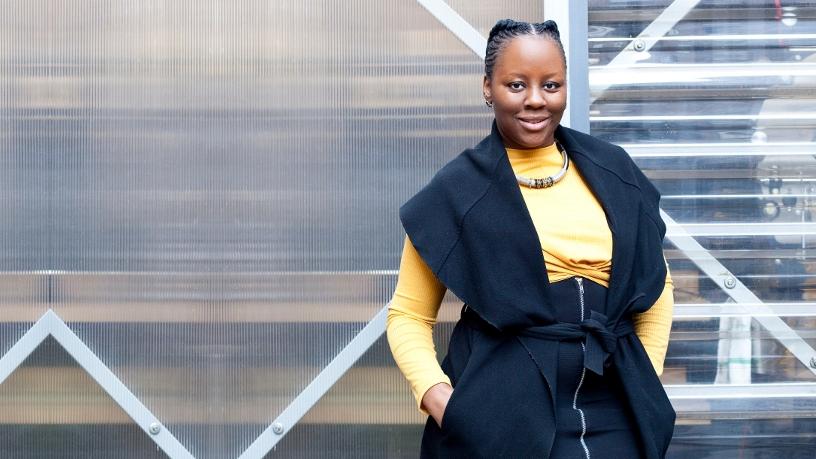
Amazon Web Services (AWS) has formed a partnership with GirlCode, to conduct a country-wide search for female-run small and medium enterprises (SMEs) in need of cloud computing training.
GirlCode, a local social enterprise that aims to empower young girls and women through technology, was started by Zandile Keebine in 2014 as an annual women-only hackathon. It has since evolved into a platform that engages with women in tech and facilitates their skills advancement in the industry.
In collaboration with AWS, GirlCode is launching a nationwide competition that will award 30 SMEs the ability to partake in the six-month AWS CloudStart programme.
Keebine says: "The programme provides quick-start guides, videos, virtual training and promotional credits to get started with on AWS Cloud. This will help them alleviate some of the costs associated with starting and running a small business.
"As small businesses leverage a broader portfolio of digital solutions, they can see an increase in agility, while simultaneously lowering costs and reducing time to innovation."
To qualify for the programme, SMEs must be in the ICT sector and have a technical solution or service they offer to the public or private market, an annual turnover of below R50 million, black female ownership of at least 51% and be registered on the CSD (SA government's supplier database).
Small businesses that fit the criteria can apply here. Winners will be announced in an ongoing process until 30 SMEs have been selected.
When applying, applicants will have to outline their business plan, why they need the credits and training, and commit to a monthly update with AWS.
Keebine says: "GirlCode's vision is to impact 10 million women across Africa in 10 years, starting with getting young girls interested in STEM, and to become one of the largest female digital academies.
"It aims to do this through strategic partnerships with the public sector, strengthening collaboration with similar organisations, and leveraging corporate assets in the development of ICT facilities, infrastructure and networks within schools in disadvantaged communities."
There have been similar initiatives by other large local and international companies, including MTN, BCX, Facebook and Google.
Last year, Google trained one million young people in digital skills across Africa and pledged to train another million this year. The company said it did this to help close the digital gap in Africa, improve employability and encourage entrepreneurship among young people.
In November 2017, BCX announced it would invest R100 million to grow scarce digital skills in ICT infrastructure and software programming alongside cyber security, fintech and artificial intelligence over three years in partnership with the Cape Innovation and Technology Initiative.
Share